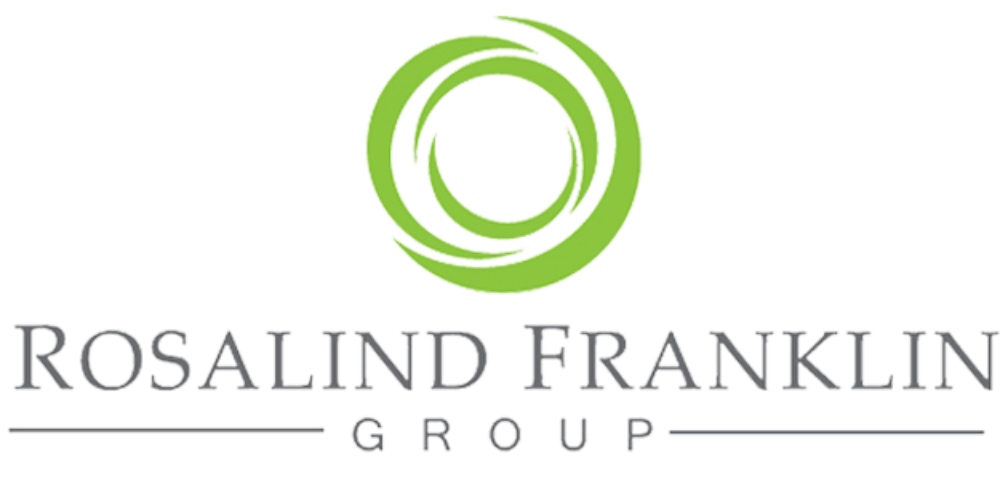A courageous act has no age, no color and no boundaries. It can be remarkable and inspiring to witness ordinary people that achieve extraordinary results through reacting instinctively. The Merriam Webster’s definition is: “the ability to do something that you know is difficult or dangerous.” For me, that could mean getting on a weight scale first thing in the morning, for others, like a physician, it’s making instant life-altering decisions in an emergency room. So what innate character traits make it possible for different types of people to be daring?
Recently, the world has been captivated and inspired by young Malala Yousafzai’s story. The Nobel Prize Committee nominated this 16-year-old girl, who had been shot in the head by Taliban extremists. Her courage translated into a powerful statement through a deep and passionate commitment to her belief. Malala wasn’t hindered by the unthinkable consequences of her actions. On the contrary, she was driven by her instinctive deep principle, that all women have the right to an education, even the daughters of those who threatened to kill her.
“One person with courage is a majority.”
I regularly witness less dramatic, but equally significant acts of bravery as part of my consulting and coaching practice, working with parents of young adults living in wilderness or residential treatment programs for addiction or extreme behavioral issues. In many cases, and for the first time, this situation forces both the parents and the kids to look deeper within and explore their inner “demons” in order to turn their lives around.
Parents never give up, even though it is very painful and difficult, their emotional energy is eroded, they’re desperate, exhausted and depleted by their kids. But somehow, observing their child take the necessary steps toward change, and seeing first-hand their explicit desire to improve their own lives, rewards them. Program participants are required to take full responsibility and accountability for their actions and decisions. Over the course of 12 weeks in a wilderness program, exposed to the raw elements with just a tarp and warm clothes, struggling young adults gain full and exclusive exposure to their environment, therapist and peers. There is nowhere to hide, resulting in them being forced to be authentically themselves in every way – and often for the first time – a hard mandate, even for most adults.
Depending on the situation, courage can impact the whole world or it can be internal and personal, affecting only those closest to us. The indisputable common denominator in either situation is that it is impactful, and can create powerful, positive change and personal growth.
Both of these very different displays of courage share the same ingredients – what I call the 3c’s – character, commitment and change.
Character embodies what you are capable of in times of crisis. You never need to access your deepest self when times are good, but rather when you are tested. That’s when your true nature and character is on full display.
Commitment is the outward and inward demonstration of what you believe.
Change only comes when all of these elements are brought together with the bonding agent of courage to take action.
Courage protects your principles; it doesn’t express you opinion. Courageous leadership lives in all aspects of our lives – not just in the boardroom, office, school or home. It is based on fundamental beliefs and convictions and must be carefully distinguished from the expression of a strong opinion. More importantly, everyone has an opportunity to play his or her part by establishing principles not rules. Principles apply to an array of situations while rules generally apply to just one.
“When one door closes another one opens – but those hallways can be hell!”
It can be a painful process, but often your voice is speaking for so many others that don’t possess the courage to ask the tough question, or challenge the status quo. If relayed with truth and integrity, speaking out for the greater good, not a self-serving interest, will always win over the consequences of staying silent. Courage is the core wellspring from which everything else flows.
Here are a few ways you can be courageous and bring it forth in others.
Be authentic. Know your core values and principles. If you are true to yourself and clear about your values – when tested – it is easier to stand up for what you believe in, than sit back and allow things to happen that may result in negative outcomes.
Be self-aware and self-improve to promote bravery – since it is only through change that we grow.
Make yourself visible to others for who you are and what you believe. Our values and principles are reflected through our courage.
Be vulnerable. Studies show that true leadership is steeped in vulnerability. Have courage to acknowledge that you don’t know everything and that help from others is critical for success. Remember, your beliefs don’t make you a better person or make you courageous – your action and behavior demonstrates those traits.
Winston Churchill one said “courage is what it takes to stand up and speak; it’s also what it takes to sit and listen.”
Whether it is a young girl, passionate about education for women in Pakistan, or a young adult in a wilderness program in the mountains of Utah, the courage to change their lives and future has a domino effect – impacting so many others on the way. Courage can be a momentary decision, or can be one that is strategically assessed for longer-term impact. Either way, you can make a difference, let go of the fear and don’t wait for others to do what you believe should be done.


